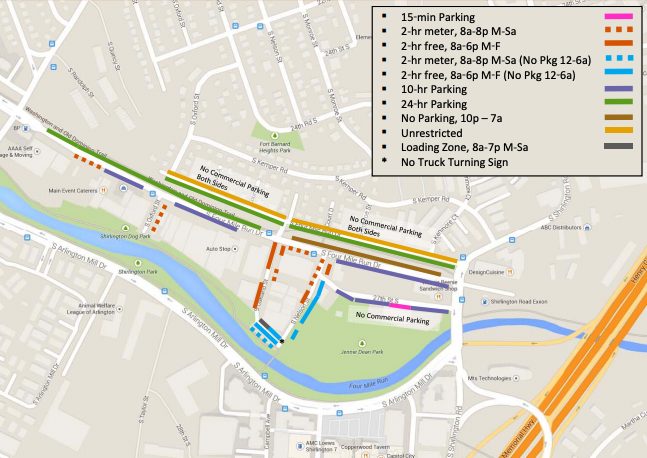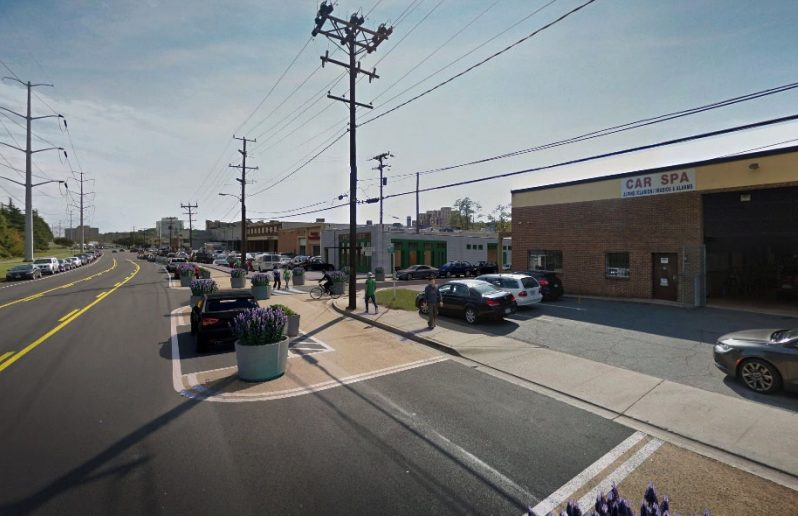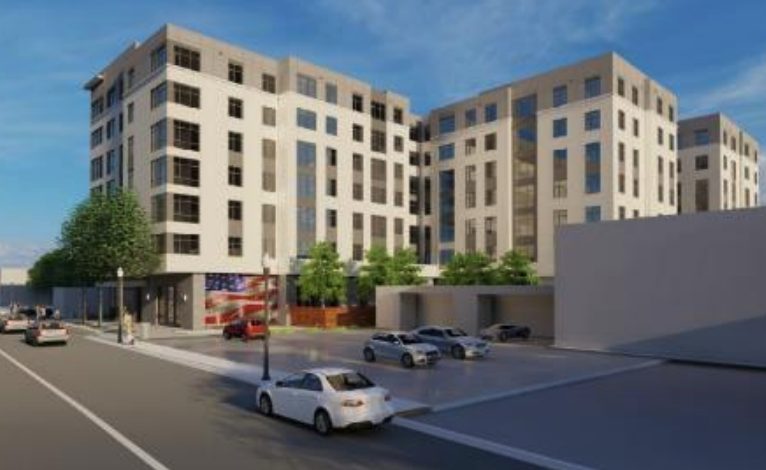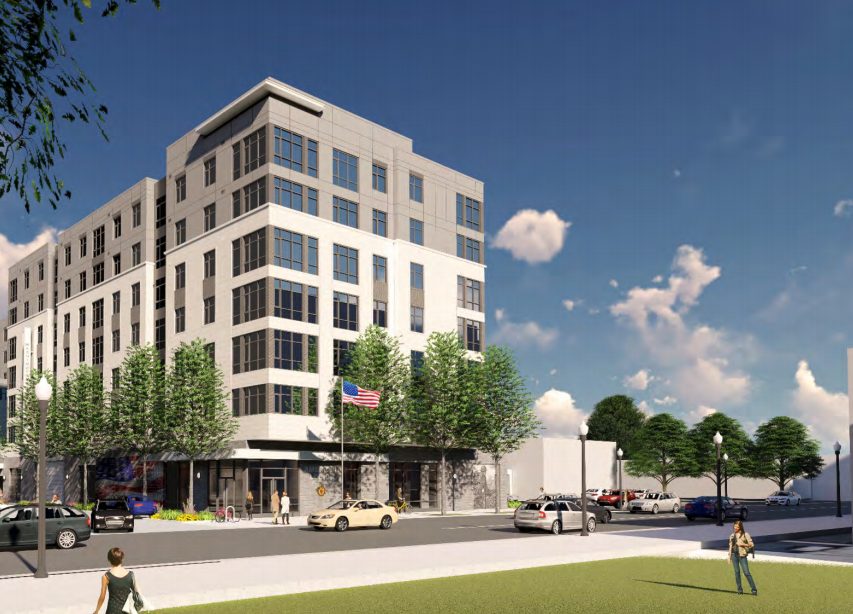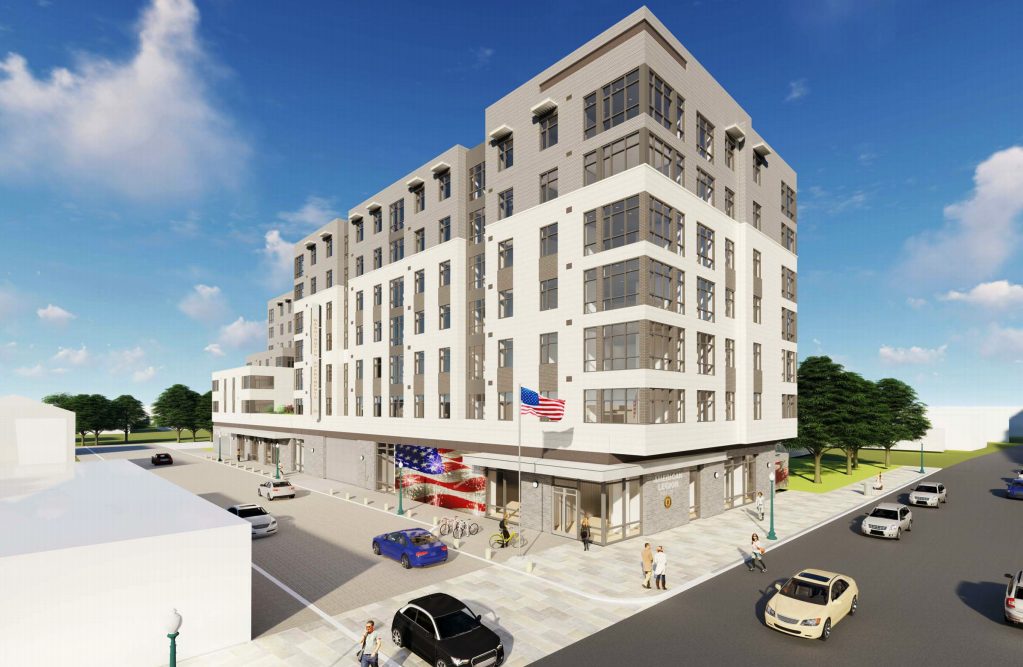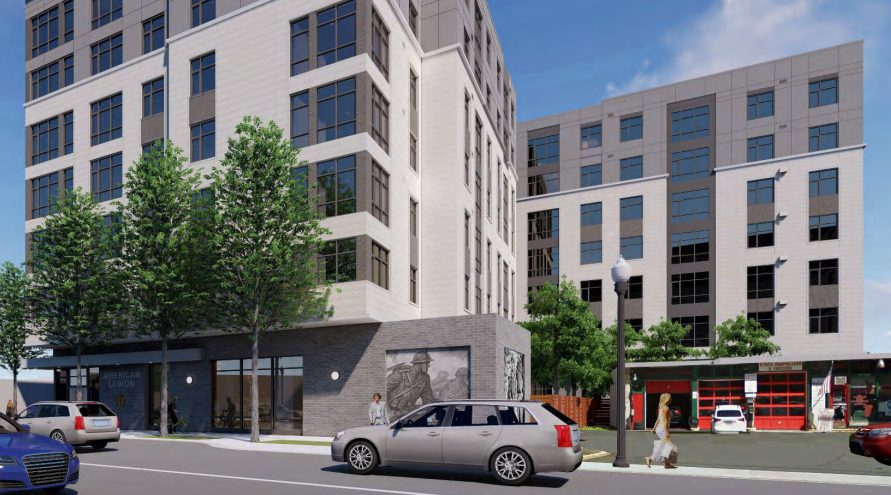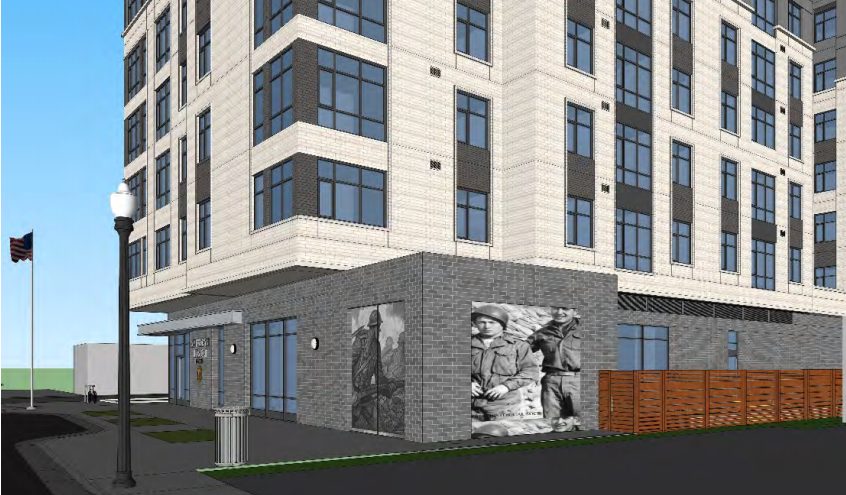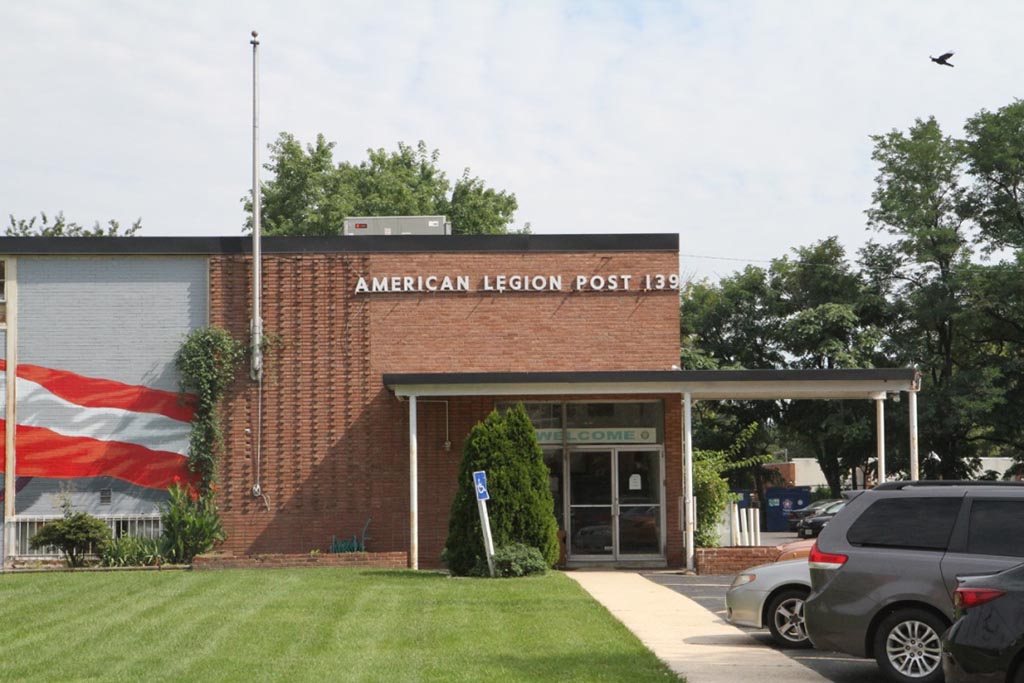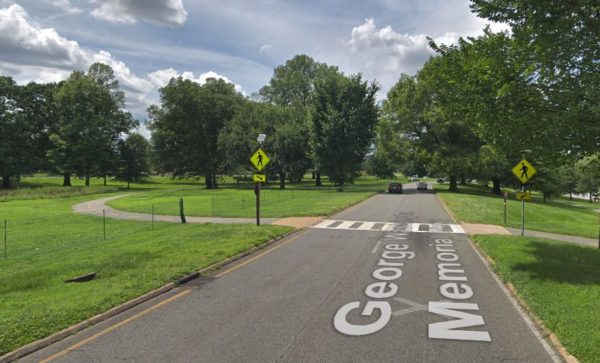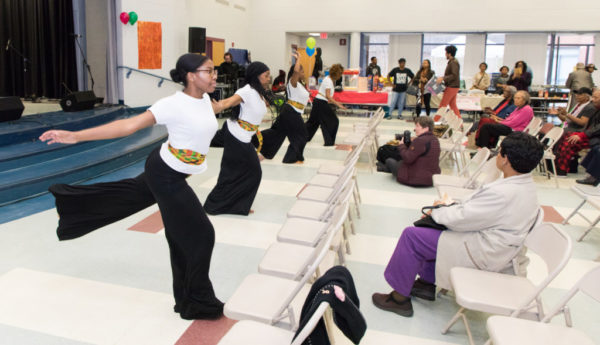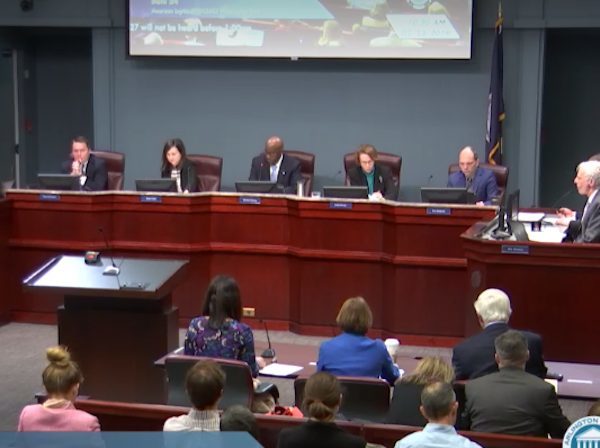
Growing expenses from the county school system and Metro have convinced Arlington officials to propose a substantial tax increase for the new year’s budget, with leaders advancing a tax hike that’s even larger than the one initially proposed by County Manager Mark Schwartz.
The County Board voted 4-1 to advertise a 2.75-cent bump to the county’s real estate tax rate at its meeting Saturday, nearly double the 1.5-cent increase included in Schwartz’s proposed budget for fiscal year 2020. Board member Katie Cristol cast the lone dissenting vote.
That change would raise the real estate rate to $1.0205 per $100 of assessed value, generating about $21.4 million for the county in all. The average homeowner would pay an extra $360 or so if the rate goes into effect, though most other county tax rates will remain unchanged.
Of course, there’s no guarantee that the Board will end up approving that exact tax bump — the advertised rate merely represents the upper limit of the rate officials can ultimately approve by the time the budget process ends in April, and they can always bring the rate back down if they so choose.
Most Board members said Saturday that they hope to eventually to do just that, but with the exact size of the budget challenges that the county will face still uncertain, leaders opted to post the higher rate to afford themselves some extra flexibility this spring.
“I don’t want to be in the position of erring because of a box we set ourselves in early,” said County Board Chair Christian Dorsey. “I’m comfortable having that [higher rate] to allow us the proper flexibility to make sure that, at the end of this budget season, we don’t end up with regrets.”
The Board was bracing for Schwartz himself to propose a similarly sizable tax hike in his first draft of the budget, given his warnings this fall that the county would need to close a budget gap of anywhere between $20 million to $35 million, without taking the schools’ needs into account.
But a larger-than-expected rise in property values filled up county coffers a bit, prompting Schwartz to propose the 1.5 cent tax increase and $5.2 million in cuts to balance the budget. Yet Schwartz also cautioned that he had no way of knowing quite yet just how much money the school system or Metro will ultimately need, convincing officials of the need for some extra wiggle room.
The extra quarter of a cent on the tax rate above Schwartz’s proposal would be set aside for Metro’s needs, a move championed by Dorsey, who also serves on WMATA’s Board of Directors. The transit system will set its new budget next month, and there’s no telling just how much cash that could demand from localities like Arlington — General Manager Paul Wiedefeld is proposing major service increases designed to increase ridership, but county officials have thrown cold water on some of those proposals.
As for the school system, Superintendent Pat Murphy will present his opening budget proposal to the School Board later this week, but he’s previously estimated that a flood of new students (and the opening of new schools to accommodate them) could put Arlington Public Schools in a budget hole of as much as $43 million.
Accordingly, Board members hoped to add an extra penny to the tax rate beyond Schwartz’s proposal, generating an extra $7.8 million to dedicate specifically to schools.
Board member Erik Gutshall says school leaders have been especially keen on a larger tax increase recently, particularly after the Board decided to hold the tax rate flat last year. Many around the school system felt that the Board promised them that they’d work to address school needs this year instead, and they’re looking to see officials deliver on that pledge.
Josh Folb, a leader of the Arlington Education Association, even argued that a 3-cent tax increase would be the most appropriate step for the Board to take.
“Without that flexibility, the Board will not be able to negotiate in good faith with the schools when they present their budget of needs in the coming days,” Folb said.
Board Vice Chair Libby Garvey, a former School Board member herself, said she’d have favored advertising the full 3-cent increase, but acknowledged she wouldn’t have the votes with her to make that happen.
Indeed, Cristol argued instead for the Board to advertise a 2-cent tax hike. She pointed out that the Board managed to find some extra money for both schools and Metro without raising taxes in last year’s budget, and worried that even advertising the 2.75-cent tax hike would send a poor message to local homeowners.
“Raising it any further undermines our commitment, or way of framing, we have taken to this community, this idea we’ve had softness in the office market and we were committed to doing everything we needed to do to raise that, rather than just balance the cost of our increasing needs on the backs of our residential taxpayers,” said Cristol, who’s up for re-election this fall. “I think that’s really penetrated and allowed us to have much a healthier conversation with most quarters of our community about Amazon’s arrival and why it’s necessary.”
But Cristol was the only Board member to support that proposal, with others arguing that last year’s budget cuts were painful enough that leaders aren’t eager to repeat that process this time around.
“If there’s fat to be found [in the budget], we’ve crossed that bridge already,” Gutshall said. “Last year, we hopefully didn’t cut to bone, but we came very, very close in some particular areas.”
As part of his proposal, Schwartz included an extra $3.4 million in potential cuts that the Board could consider if it doesn’t want to raise taxes at all. Those changes would affect another 19 county staffers, and involve changes like the elimination of library services at the Crystal City Connection and Glencarlyn Library, reductions in county transportation and human services staffing and cuts to some police department programs.
But Schwartz pointedly did not endorse those changes, urging the Board to opt for the tax hikes instead.
The Board will now hold a series of work sessions and public hearings on the budget and tax rates, with a final vote on the new spending plan set for April 23.



